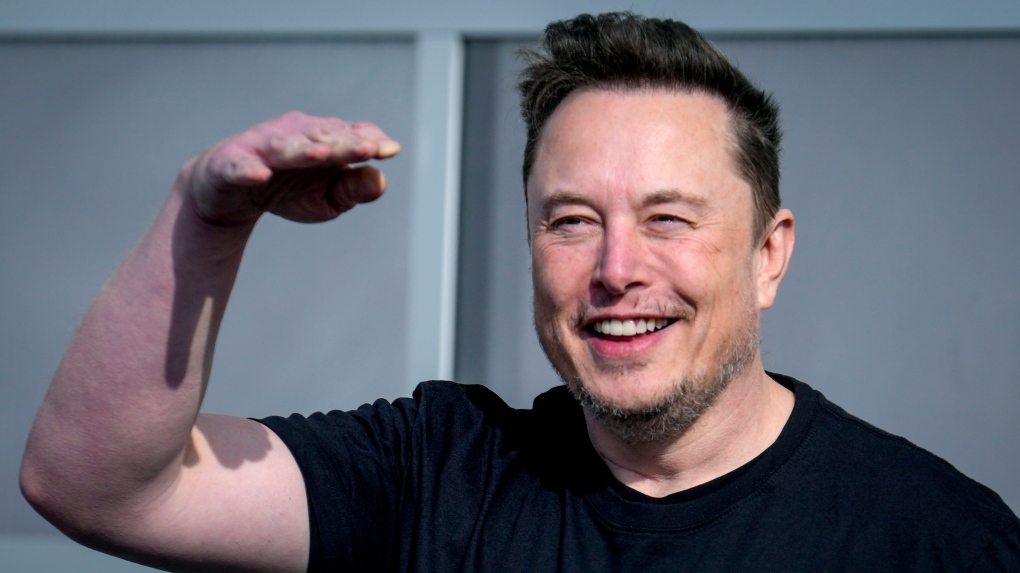A $2.14-billion federal loan for an Ottawa-based satellite operator has Canadian politicians arguing about whether American billionaire Elon Musk poses a national security risk.
The fight involves internet connectivity in remote regions as Canada tries to live up to its promise to connect every Canadian household to high-speed internet by 2030.
A week ago, the Liberal government announced the loan to Telesat, which is launching a constellation of low Earth orbit satellites that will be able to connect the most remote areas of the country to broadband internet.
Conservative MP Michael Barrett objected to the price tag, asking Musk in a social media post how much it would cost to provide his Starlink to every Canadian household that does not have high-speed access.



You can’t reach everywhere with fibre. Some areas of the far north are too remote and too sparsely populated for it to ever make sense to put in fibre, and it will remain that way for the foreseeable future.
This deal provides critical infrastructure to those places while not binding us to the whims of an egotistical fascist asshole.
This is where I am. If he just stepped back and followed the laws for whichever region he was providing service in, I wouldn’t have a problem with it being provided by an egotistic asshole. But he has done other than that a number of times, and that’s a problem. All this ignores the national security issues, which people should have gotten a refresher on during COVID with the N95 mask issues.
Sometimes the more expensive option just makes sense if national security is a factor.
Norway saunters into the chat, shakes its head over this ignorant drivel, and walks back out while tapping it’s temple with a forefinger
Norway has a population of around 5 million in an area the size of 385 thousand sq km. As of the 2021 census, the territories have a combined population of around 117 thousand people in an area just under 3.6 million sq km.
The difference of scale there is massive. Kudos to Norway if they’ve done a good job extending their fibre networks, but I sincerely doubt we’ll be able to achieve anywhere near the same level of penetration in the most environmentally harsh and most rural areas of our country with just fibre technologies.
Norway has one of the most aggressively traversing-hostile geographies on the planet. It has 1,200 fjords compared to about 240 for Canada. Plus, their mountains are far steeper and more impassable, and the fjords are deeper.
If Norway can run dedicated fibre optic to every hamlet over 500 people there, Canada can run fibre optic to any hamlet anywhere in our country for half the price.
Half the price of per kilometer
But many many more kilometers
Have you seen the North it’s hostile and very big. Not to mention the muskeg.